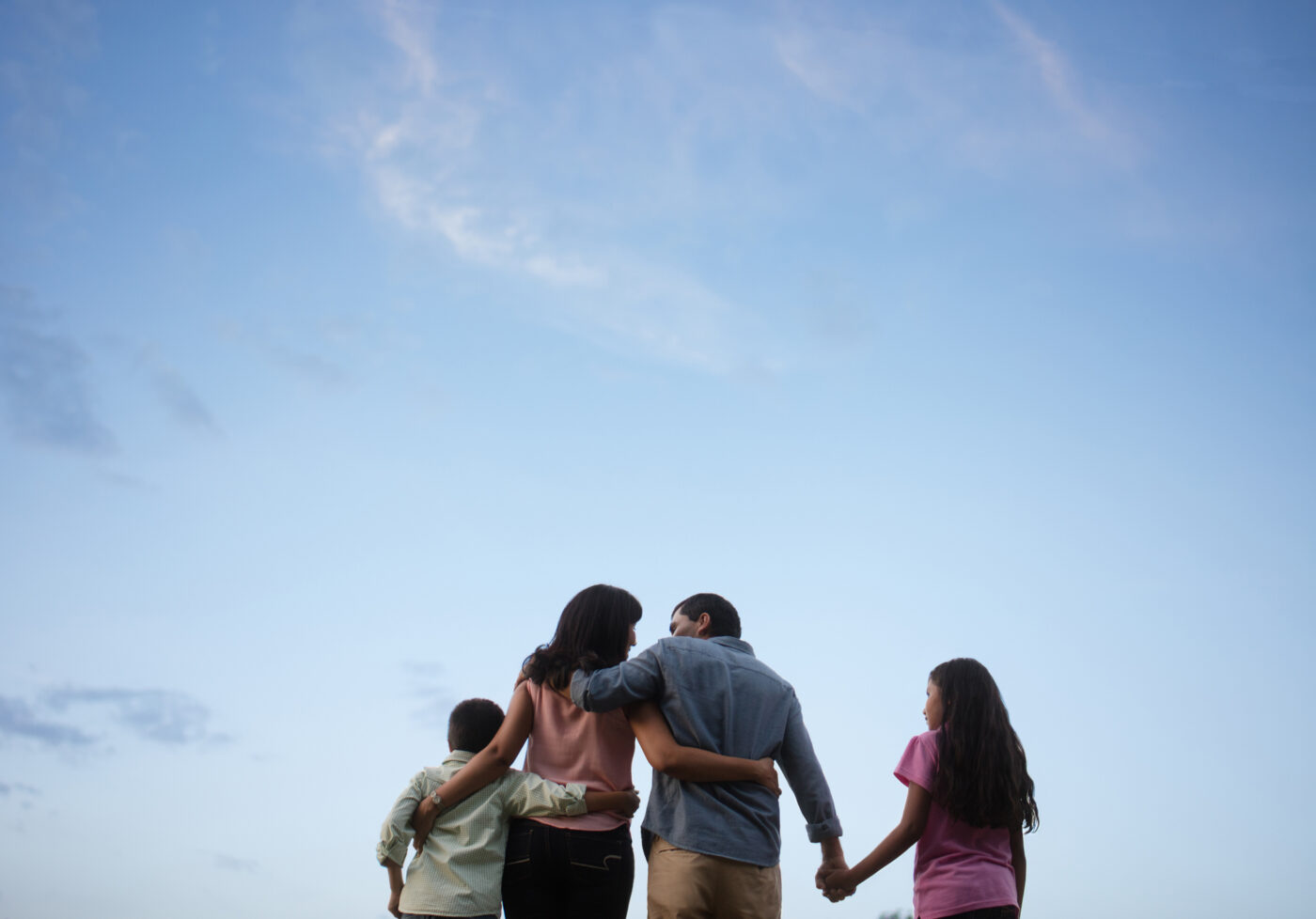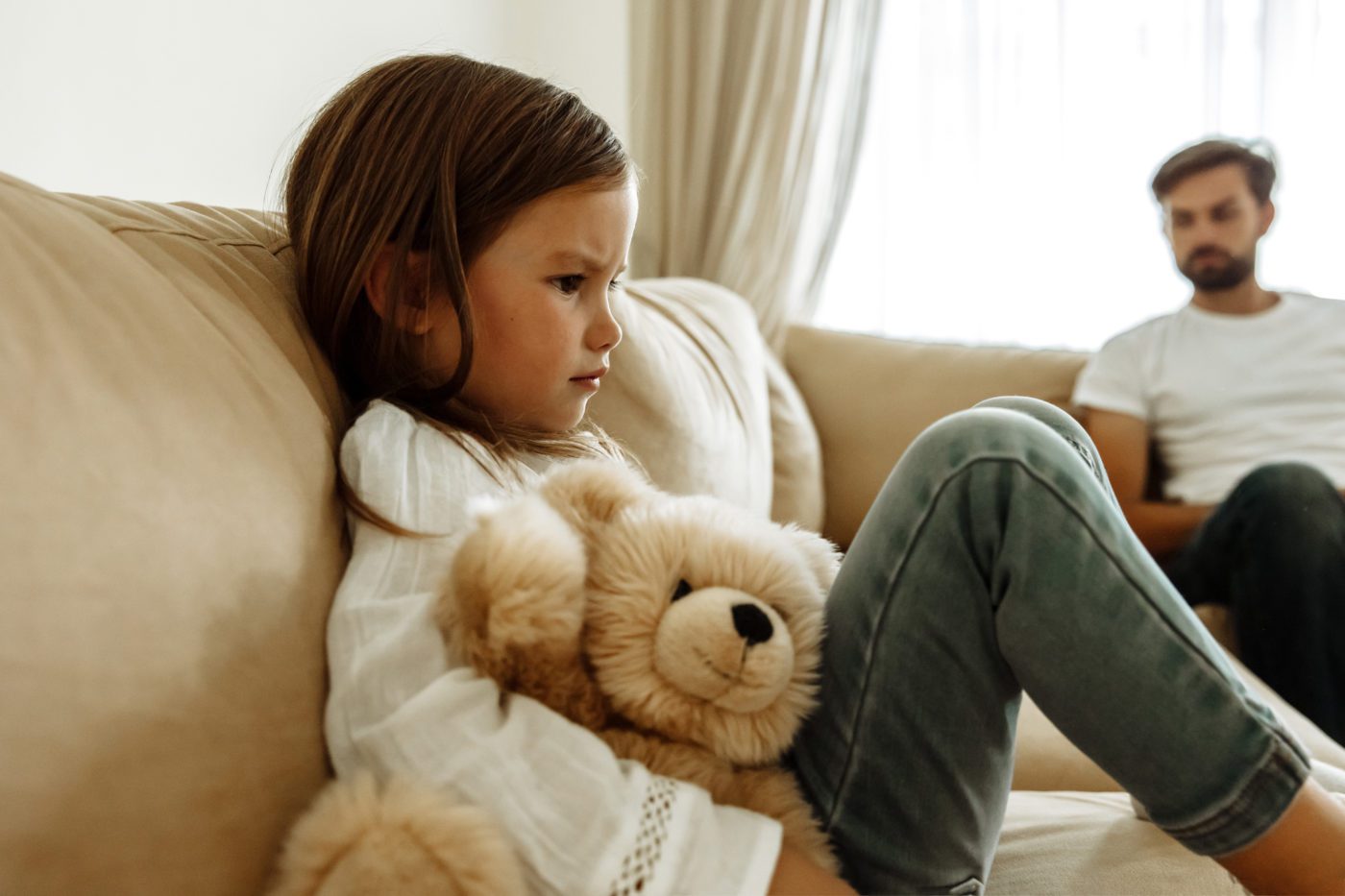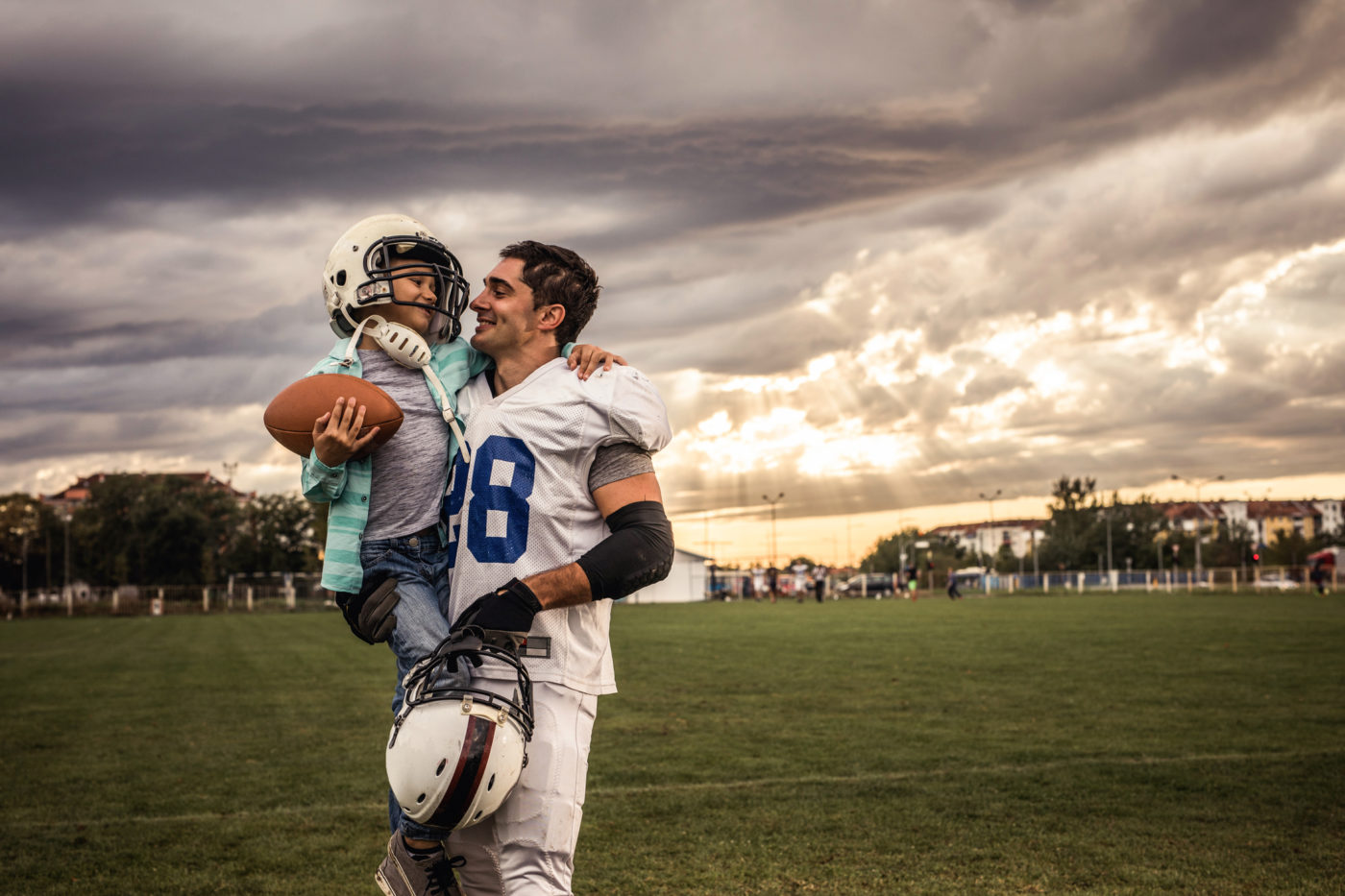Some time ago, my four-year-old was waiting for breakfast on one of our kitchen stools. The day was already hectic. I was running late for work, one of our other kids was crawling around on the floor, and my wife had called downstairs for some help. Patience has never been my long suit, but I was trying to be helpful.
So I agreed to take care of breakfast. I asked, “What do you want?” My daughter answered, “Toast. “Great,” I said. “Toast is quick. Good choice.” “Milk? You want milk?” “Yes, please,” she responded. “Fine. Here’s your milk.” Then I asked, “And what on the toast? C’mon, kid. Let’s go. It’s basic choices here: butter, peanut butter, and jelly.” To which she replied, “Butter and peanut butter.” “Got it,” I said.
So I applied the butter lightning fast to the toasted bread, unscrewed the lid from the peanut butter, and was about to jam the knife into the jar, and that’s when it happened. My four-year-old asked if I’d rinse the knife. I know. It’s not a big deal. Two seconds: Rinse and go. I also know it’s kind of a weird request. Four-year-olds don’t typically care that much about butter cross-contaminated silverware. This four-year-old cared. “Please rinse the knife,” she said. I’ll never forget it because I threw a temper tantrum. And when I turned around, all I saw were blond curls, her head bent forward—ashamed for having asked and feeling like she had done something wrong. Oh, man!
Ever said or done something dumb or hurtful to one of your kids? Welcome to the club. Every dad does which makes apologizing so critically important. We tell our kids all the time to apologize to others. When was the last time you apologized to your child? It can feel weird, though, apologizing to someone much younger and smaller. And it can be tempting to hide behind a wall of authority: Because I’m bigger and in charge, I don’t have to say I’m sorry. Yes, you do. It’s actually more important. Getting it right as a dad never means being perfect. Rather, it means being humble and honest about our shortcomings and failures, owning them, and loving our children more than our pride. Welcome to apologizing to a four-year-old. Here are a couple of things to keep in mind in order to learn how to apologize to your child.
Model what you want them to do and to be.
There are some basic guidelines for offering a legitimate apology. Remember you are training your kids with everything you do. If you want them to offer honest, sincere, humble apologies, start by being honest, sincere, and humble.
Be specific.
Make sure you tell your kid what you’re sorry for and why. Bad apology: “I’m sorry about the toast thing, alright?” Slightly better apology: “I’m sorry I got mad about the knife. I was in a rush.” Better apology: “I’m sorry I yelled and got so mad. That wasn’t right.” Best apology: “Kiddo, I’m sorry. I was angry and I yelled at you. Daddy did something wrong, not you. I love you. Will you please forgive me?”
Be age appropriate.
If they’re little, physically get down on their level. You’re a lot bigger than a young child, so make yourself as physically approachable as you can. Squat, stoop, or sit down. Make good eye contact. Hug your child. Your body communicates as well as your words, and a posture of humility communicates vast amounts to a young child that they’re not likely to verbally comprehend. If they’re bigger kids, you can use more words—just make sure they’re designed to show that dads screw up and dads love their kids. And bigger kids need hugs too.












Huddle up with your kids and talk about what makes a good apology.